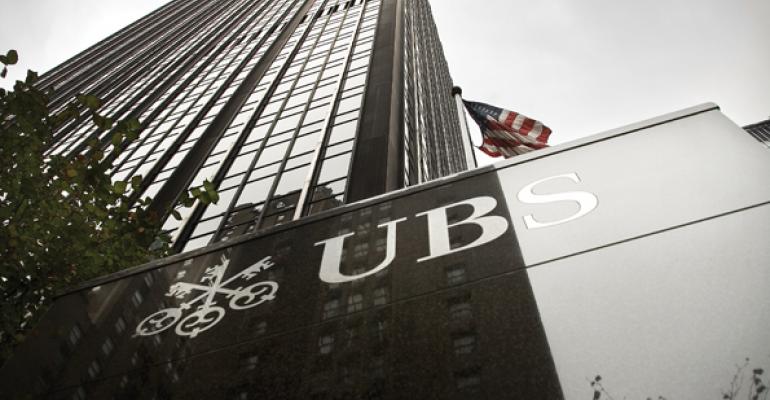By Selcuk Gokoluk
(Bloomberg) --UBS Wealth Management says its clients, worth $2.1 trillion, are ready to increase their emerging-market holdings after last year’s rally.
Michael Bolliger, the Zurich-based head of emerging-market asset allocation, predicts returns in the mid- to high single-digits for the asset class this year. Clients are comfortable investing in developing nations after 2016’s strong performance for stocks and bonds and as money continues to flow in this year, he said.
“It was a good year and people took note,” Bolliger said in a phone interview on Jan. 27. “It needed a few quarters of good performance for them to warm up and get more interested. This is what is happening now.”
Unprecedented central-bank stimulus sparked a global hunt for higher returns last year, driving demand for developing-nation assets. Investor interest is still strong. In the week ending Jan. 25, funds that buy emerging-market equities attracted $1 billion of new money, the most in three months, according to EPFR Global data.
Bolliger’s Key Themes
UBS clients have little to no presence in the Middle East. Reform programs and plans to reduce dependence on oil and gas exports will provide opportunities for long-term investors. Russian equities are Bolliger’s most-favored asset and he’s rotating from local bonds into stocks. The nation’s recession is over and growth may accelerate to as much as 1.5 percent. The U.S. labor market poses risks for emerging markets. Quickening wage inflation may spur the Federal Reserve to switch from a two-rate-hike scenario to four or five interest-rate increases in 2017. South African and Turkish currencies will be hit most.
Snapshot of Emerging Markets in 2016
MSCI’s developing-nation stock gauge climbed 8.6 percent last year, ending a three-year run of losses. It’s risen 6.1 percent in 2017 so far. MSCI’s index for emerging currencies also increased for the first time in four years, adding 3.5 percent. Bloomberg’s dollar-denominated emerging-market composite bond index climbed 11 percent, while the premium investors demand to hold developing-nation debt compared with Treasuries declined for the first time since 2012, JPMorgan indexes show.
To contact the reporter on this story: Selcuk Gokoluk in London at [email protected] To contact the editors responsible for this story: Dana El Baltaji at [email protected] Alex Nicholson, Robert Brand





